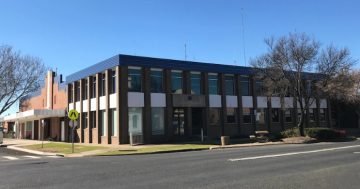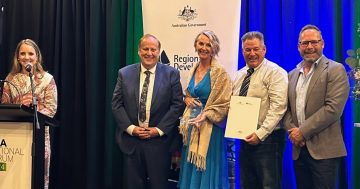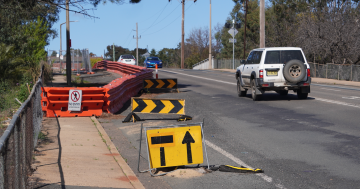 Canberra’s Environmental, Planning and Sustainable Development Directorate (EPSDD) is giving the ACT community a peak behind the scenes of over 100 projects it’s been working on over the past two years.
Canberra’s Environmental, Planning and Sustainable Development Directorate (EPSDD) is giving the ACT community a peak behind the scenes of over 100 projects it’s been working on over the past two years.
Releasing its Report on the EPSDD Science Plan Implementation Plan 2020-2021, the Directorate said the Report provided updates on projects ranging from climate adaptation to water quality and threatened species.
EPSDD said its Environment, Heritage and Water Division (EHW) took on 118 active research projects during the reporting period.
“Against the 105 projects listed for implementation in the Science Plan Implementation Plan (BRAMP) 2020-2021, 15 have been completed, 78 are ongoing, seven have been delayed and five have not been pursued,” EPSDD said.
“This represents a very significant achievement for EHW scientific staff across teams, given the challenges facing staff over this period have included the aftermath of the Orroral Valley bushfire – which led to extensive additional workloads for staff on bushfire recovery projects – and the global COVID pandemic which led to disruption, complex and challenging fieldwork arrangements, and reduced staff capacity due to illness over extensive periods,” it said.
“A number of new projects, not listed on the Implementation Plan were initiated in this period due to emerging priorities.”
EPSDD highlighted three of its key priorities, including supporting the rights and priorities of the region’s Indigenous people (Ngunnawal), promoting Ngunnawal consultation and engagement in research and monitoring efforts, and recognising the contribution and value of Ngunnawal cultural practices.
“The value of Ngunnawal knowledge and the need to better incorporate this knowledge into the work of the Division is widely recognised, but this work remains at an early stage,” it said.
“Some areas of progress include the engagement of Ngunnawal in cultural burning, although strengthening and expanding this is a key priority; the use of Ngunnawal names for new signage and communications on fish; consultation with the Dhawura Ngunnawal Caring for Country Committee on conservation of Gula (Koala); and the engagement of Ngunnawal staff in the Conservation Research and Conservation and Water Policy and Planning teams, as well as in the Parks and Conservation Service.”
The Directorate said EHW was also working on adaptive management, “learning by doing”.
It said promoting an adaptive management culture, including the required tools, governance, processes and information flows, was critical if research and monitoring was to ask the right questions, effectively influence decision-making, and build knowledge over time.
“While EHW programs often refer to adaptive management as an aspirational ideal, and EHW has some outstanding examples of adaptive management, rigorous adaptive management remains the exception rather than the rule,” EPSDD said.
It said the team was also working on data custodianship and curation to improve findability, quality and accessibility.
EPSDD’s 83-page Report can be accessed at this PS News link.










